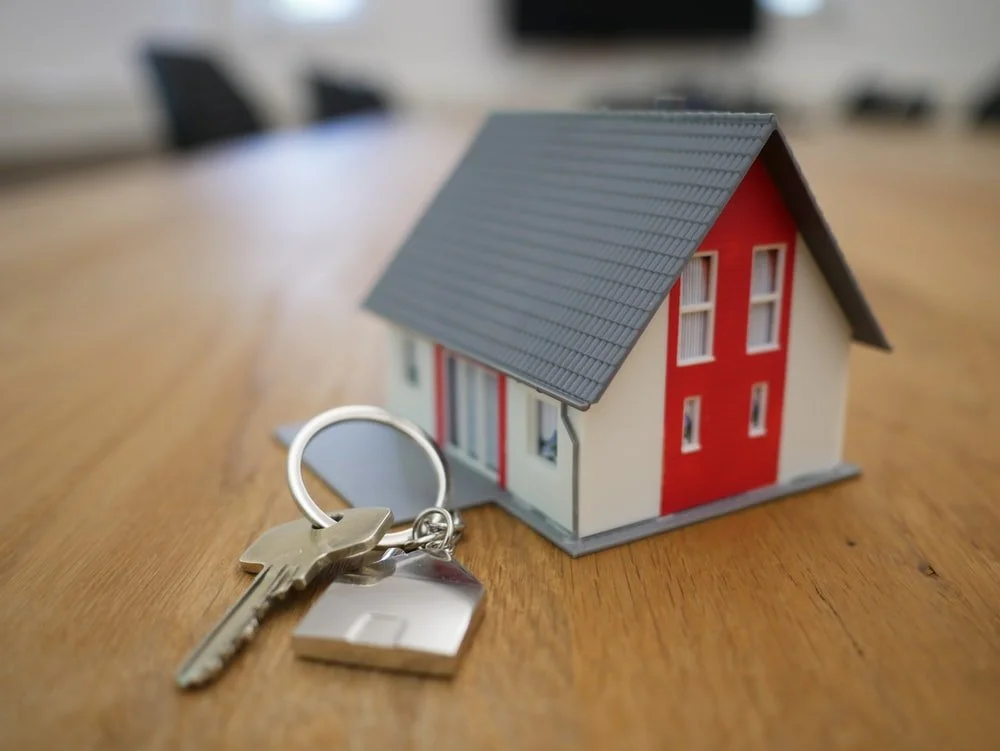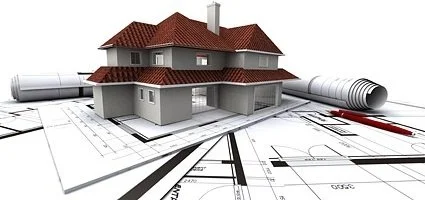You’ve found a home that captured your heart but now you need to make it liveable. Before you put your money down, you need to seriously think about these factors:
Look At The Property Realistically
Some homes are left to languish because the previous owner didn’t want to invest in it, but some are just not worth the work. Ask around to find out if there are issues with water quality, loud traffic, or other issues that turned other buyers away. Seek out the real value of the property, such as its location or a great backyard. Take off your rose-coloured glasses and be a solid pragmatist.
Get a Professional Opinion
Hire a home inspector to walk through the place to assess if it is worthy of a revamp. Some homes have unforgiving deficiencies, such as lack of insulation, faulty wiring, or leaky basements. If it has good bones and no skeletons in its closets, then you are relying on your brain to decide to buy. Then have a contractor walk through to see if the changes you envision can happen and what they may cost. Leave a 10-percent cushion for budget overruns, especially if plumbing and lumber prices keep climbing in price.
Buy Low
If you have a specific budget in mind, make sure the purchase price and renovation costs both fit within that number. If you end up in a bidding war then your renos cost more than you expected, then you will never make enough money for this to be a good investment. Get in low or don’t get in at all. Once you have a budget, stick to it.
Bring The Right People Aboard
While you may think you need less expertise for a renovation, it’s better to have someone with experience and licenced skills to guide you along during the project. You never know what you will find once you get into the walls. Having a veteran problems-solver as part of your team will save you a lot of money and heartache along the journey. Ask other house-flippers to recommend people they trust.
Prepare For The Worst, Plan For The Best
You are going to find surprises so make sure you are emotionally and financially braced for them. They may arise from increases in building supply costs or delays between phases while you wait for an electrician or an inspector. Stay in regular contact with your contractor so you can manage unexpected developments as they arise. This person will apprise you of what permits you need and how the process will unfold. That may mean bringing in subcontractors or getting additional insurance.





